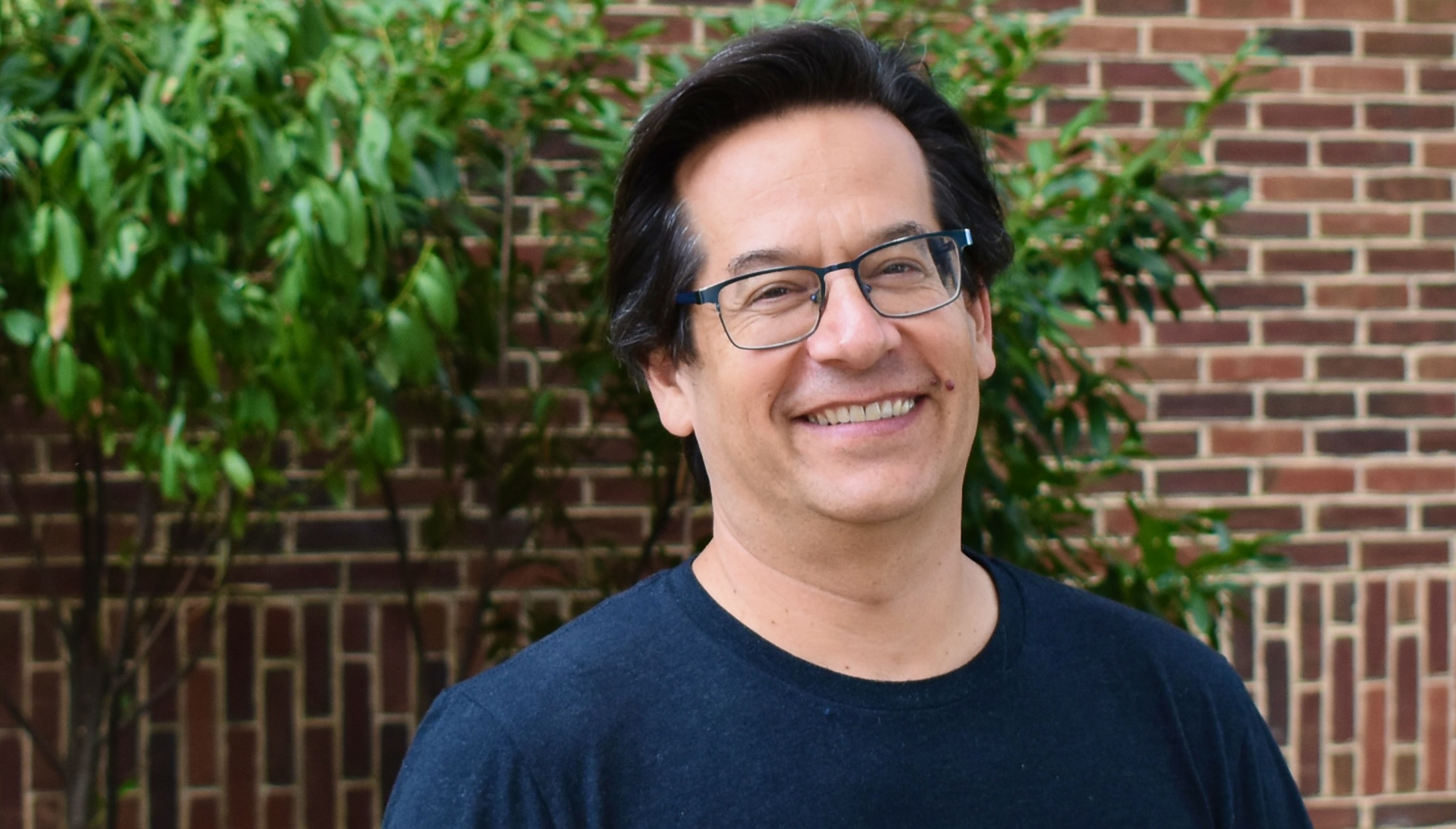GM - Jeff Lidz / Methodological pluralism in linguistic theory

GM - Jeff Lidz / Methodological pluralism in linguistic theory
Friday December 6, the General Meeting welcomes our Chair, Jeff Lidz, workshopping his forthcoming plenary address to the 2025 Annual Meeting of the Linguistic Society of America in Philadelphia, abstracted here and below, on the history and promise of methodological pluralism in linguistic theory.
Methodological pluralism in linguistic theory construction: Steps towards a true cognitive science of language
The cognitive revolution of the 1950s and 60s insisted that the mind itself was a proper object of study, with structure (sometimes unlearned) that shapes the content of experience. This insistence came with a pluralism about evidence and methods. When psychology is not the science of certain ‘overt’ behaviors, but instead of the ‘hidden’ mental structure of the organism, we cannot be sure in advance where or how we will find our evidence. Modern linguistics was at the center of the revolution, but sometimes linguists have failed to appreciate its methodological pluralism. Early work that attempted to use methods from behavioral psychology, instead of structural analysis of distributional patterns, ran into trouble deriving from naive ideas about how a mental grammar would reveal itself in behavioral tasks. These troubles encouraged in some a counter-revolutionary chauvinism within linguistics about what kinds of methods were revealing about linguistic structure, and in others a general skepticism about either the cognitive interpretation or the everyday utility of linguistic theory.
I believe we are currently at a stage when enough is known about the extralinguistic systems that are engaged by language in order to make real progress in using a diversity of methods to reveal important aspects of linguistic structure and its relation to extralinguistic cognition. In this talk, I will walk through some of our recent findings on quantification, argument structure and wh-movement that depend on insights from vision science, infant cognition, and domain-general information processing systems. Together these results reveal how much we can learn about the human capacity for language when we have explicit hypotheses about linguistic structure, an understanding of extralinguistic cognition and concrete ideas about how grammatical knowledge interfaces with other areas of cognition. In turn, this work recenters a cognitive interpretation of grammatical theorizing in syntax and semantics.

